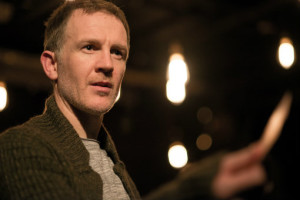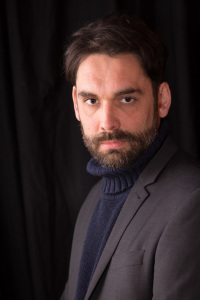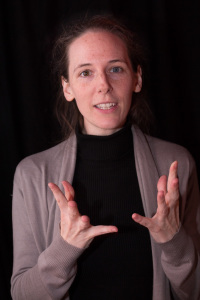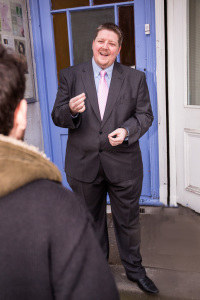‘We can’t cope with the numbers any longer. We need to get a grip on this’, said Mark Rutte, the Dutch Prime Minister, yesterday. (The Guardian). In the first three weeks of 2016, 37,000 migrants have crossed Europe’s external borders. Between Europe’s constituent countries, fences are going up – physically, with barbed wire, in the Balkans, around Hungary; bureaucratically, with new border controls around France and on the bridge between Denmark and Sweden. Even Germany is wondering what to do. We are beginning to accelerate down a slippery slope.
Once a fence goes up, there is a temptation to throw things over it – sticks, stones, bullets, bombs, missiles. People.
Stefan Zweig, in his autobiography The World of Yesterday, first published in 1942 in Stockholm, says ‘Before 1914 the earth belonged to the entire human race. Everyone could go where he wanted and stay there as long as he liked. No permits and visas were necessary….After the war National Socialism began destroying the world, and the first visible symptom of that intellectual epidemic of the present [20th] century was xenophobia….People were defending themselves against foreigners everywhere. All the humiliations previously devised solely for criminals were now inflicted on every traveller…’
He also describes the shifting sense of self of those being forced to flee. It upsets ‘your equilibrium…you lose something of your upright bearing if you no longer have the soil of your own land beneath your feet; you feel less confident, more distrustful of yourself…I have not felt that I entirely belong to myself any more’.
The fences, the borders, the civil wars, the human catastrophes, the movement of millions of refugees that were the deep wounds people inflicted on each other in the First and Second World Wars are being carved open once again. Last night 45 more people, including 17 children, most fleeing the war in Syria, drowned off the coast of Kalolymnos, in the eastern Aegean between Turkey and Greece. Blood, misery, despair are flowing freely.
None of these catastrophes has a natural cause. Every catastrophe, every element of each catastrophe, arises because a person thinks the action she or he undertakes is a better idea than not taking the action. Whether fleeing or persecuting, the action is generated by a human mind. None of it need happen. It happens because a person makes it happen.
The only response is to be humane. We citizens of Europe cannot indulge in beggaring our neighbours. Drones are not the answer to suicide bombers. Allowing people to live in mud in the Jungle outside Calais is not the answer to terror. The British Conservative government’s opposition to creative engagement in how to save refugees is not the answer to the four million people who voted UKIP in the 2015 election.
It’s hard work helping to make the world a better place, but no harder than making it worse. We must do the work.
The World of Yesterday is published in the UK by Pushkin Press

 A Prayer has today received a 5 star review for its current run starring Niall Bishop and directed by David Macintosh Loumgair. The short piece written by Selma Dimitrijevic is currently being staged by Creative Structure at the famous Hen & Chickens Theatre venue in Islington, where it has already received strong feedback from critics and audience members alike.
A Prayer has today received a 5 star review for its current run starring Niall Bishop and directed by David Macintosh Loumgair. The short piece written by Selma Dimitrijevic is currently being staged by Creative Structure at the famous Hen & Chickens Theatre venue in Islington, where it has already received strong feedback from critics and audience members alike.



Recent Comments